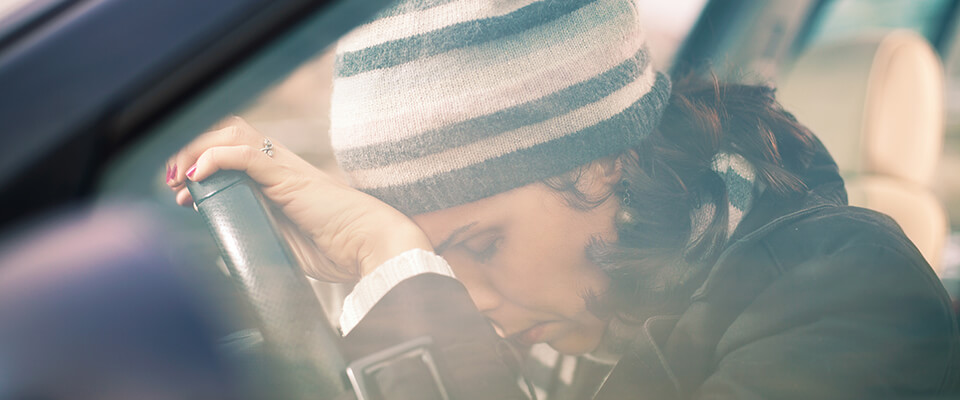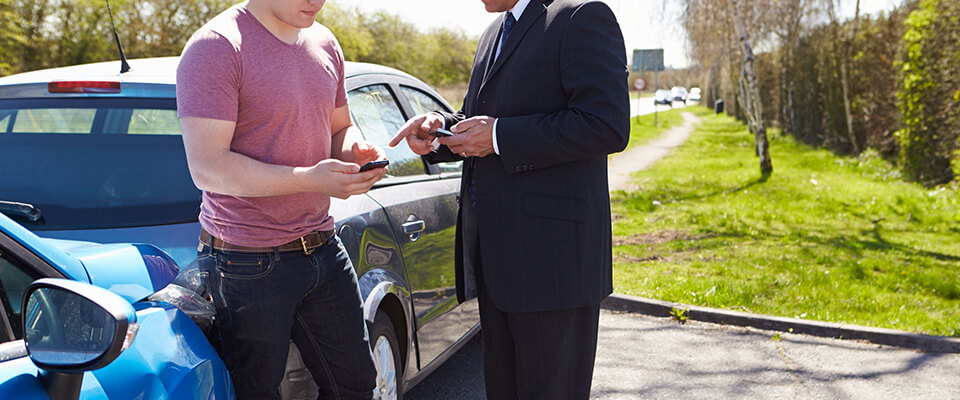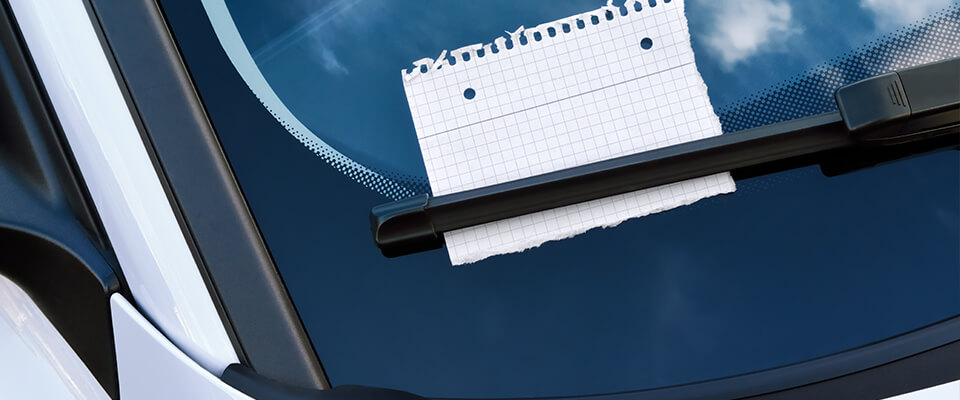Although nobody wants to contemplate an accident, if you know what to do in the event of one happening, you will be better able to cope if it does. Obviously, some collisions are more serious than others, so each situation is different but here are some general steps to follow should the worst happen.
First things first
- The first thing to do is to stop the car as soon as possible. It’s a criminal offence not to do so. If the car is still mobile, pull over somewhere safe, switch the engine off and turn the hazard lights on.
- Take a second or two to steady yourself. No matter how small the collision, it will be a shock. Take a few deep breaths and calm yourself as much as possible.
- Check yourself and any passengers you may be carrying for injuries. If another car is involved, check that the people in it are okay. If anyone is in pain, unconscious or bleeding, call an ambulance immediately.
- If there are no injuries, make a note of that and other details of the people involved, just in case any questions or injury claims come up later.
- Even if you think the accident may have been your fault, don’t apologise to the other driver, admit responsibility or even discuss the accident at the scene. If it actually wasn’t your fault, an unguarded comment now could cause problems for you later.

Calling the Gardaí
Depending on how the accident unfolds, you may need to call the guards. Call them immediately if you have any reason to think that the other driver has:
- Taken drugs or is drunk
- Deliberately caused the accident. If you are unlucky enough to cross paths with someone who sets up an accident deliberately in the hope of financial gain. They may do this by disconnecting their rear brake lights so you have no idea they are about to brake. They stop suddenly, making it more likely that you will run into the back of their car. Alternatively, they might flash their lights to indicate they are letting you out of a junction, before accelerating suddenly in front of you
- Told you or given you the impression that they have no insurance or licence to drive
- Also contact the guards urgently if the other driver leaves the scene of the accident, either by driving away or on foot
- If anyone has an injury, however small, you are legally required to inform the guards within 24 hours of the accident. If the injuries are serious enough to need an ambulance at the scene, the guards will be automatically informed
Gather important information
At the scene of the collision, you must exchange or collect some additional information as follows:
- Exchange your contact and car insurance details with anyone involved in the collision and share your address and personal details with a member of the Gardaí.
- Ask if the other driver is the registered owner of the vehicle. If not, ask who is. The car may have been borrowed, or be a company vehicle, for instance.

What else to record
The more information you can gather surrounding the accident, the better. This applies whether or not it’s your fault. Useful items include:
- The date and the time of the collision
- The weather conditions and the state of the road – muddy, icy, lots of potholes, or indistinct road markings; the light conditions – sunny, misty, twilight, dark, street lights or not
- The make, model and registration number of the other vehicle(s) involved in the accident
- Details of any injuries sustained by anyone involved in the collision. If they all say they aren’t hurt, make a note of that as well
- The names and addresses of any witnesses to the accident
- Details of the damage caused to each vehicle, where on the car the damage is and how severe it is
- The position of the cars on the road after the collision. This can be important in determining who may have been responsible
The last two items are best recorded by taking photographs. If you have a mobile phone with a camera, that’s ideal. Take pictures from as many angles as possible, clearly showing the car’s positions and the extent of any damage.
What if nobody else is involved?
If you damaged someone else’s property with your car, for example by hitting a parked car, you should at the very least leave a note with your name, address, phone number and insurers in a visible place – under a windscreen wiper, or perhaps through the house letterbox if you damaged a gate or something similar. Again, it’s a good idea to take photos of the damage, so that any later claims can’t be exaggerated.
Don’t be tempted to think that nobody saw the incident and just drive away. If someone did spot what happened and reported it to the Gardaí, you could be in hot water.

What next?
The next thing to do is to inform your insurance company of the incident as soon as possible. They will ask you for relevant information, including:
- Your policy number, or your name and address and your car registration number
- The registrations of the other cars
- The name and contact details of the other driver and other passengers or witnesses
- The other driver’s insurance details
- Photos you took at the scene of the accident
If you’ve decided not to claim on your insurance for the damage to your car, or you intend to pay for damage to the other vehicle yourself, you still need to inform your insurance company of the accident, as the other driver may decide to make a claim at a later date.
Let’s hope you’ll never have an accident but should it happen, knowing what to do will make the entire experience easier to handle. Drive safely!


